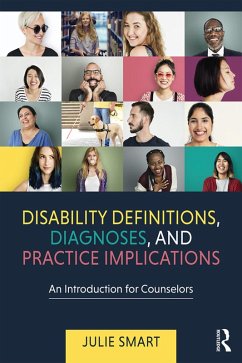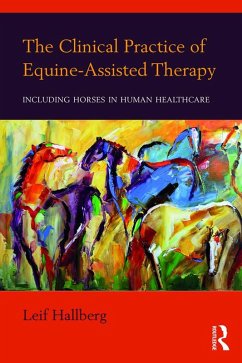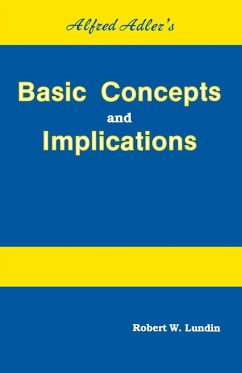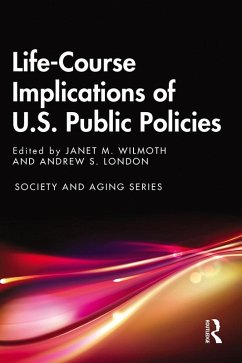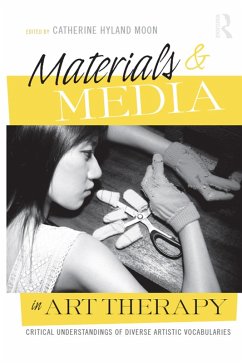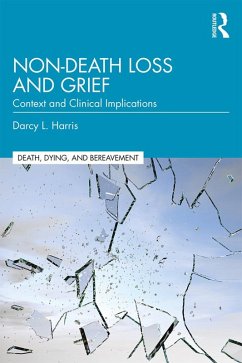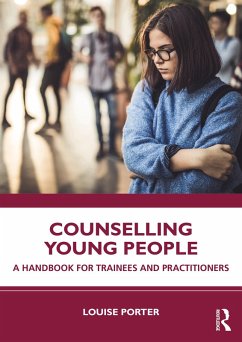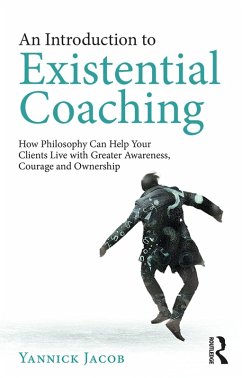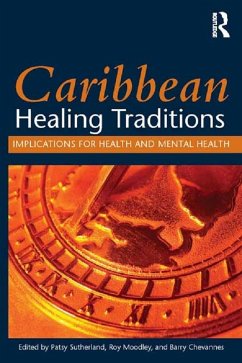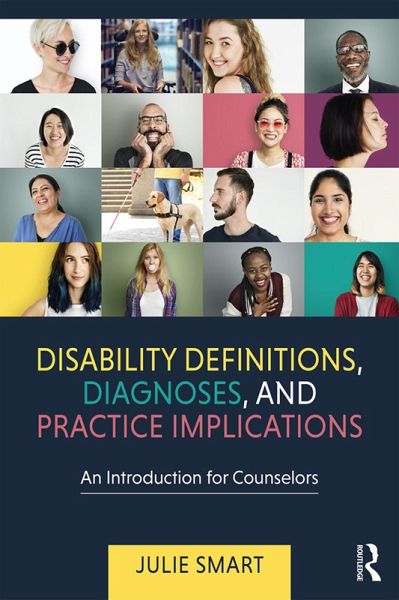
Disability Definitions, Diagnoses, and Practice Implications (eBook, ePUB)
An Introduction for Counselors
Versandkostenfrei!
Sofort per Download lieferbar
71,95 €
inkl. MwSt.
Weitere Ausgaben:

PAYBACK Punkte
36 °P sammeln!
This introductory text defines and describes disability, while providing concrete practice guidelines and recommendations for students in the fields of counseling, social work, and the helping professions. Various specialty areas are explored in detail, including marriage and family counseling, adolescent counseling, addictions counseling, LGBTQ concerns, multicultural counseling, and career counseling.The first three chapters lay the foundations by discussing the demand for counseling services by individuals with all types of disabilities; presenting clinical, legal, medical/biological, and p...
This introductory text defines and describes disability, while providing concrete practice guidelines and recommendations for students in the fields of counseling, social work, and the helping professions. Various specialty areas are explored in detail, including marriage and family counseling, adolescent counseling, addictions counseling, LGBTQ concerns, multicultural counseling, and career counseling.
The first three chapters lay the foundations by discussing the demand for counseling services by individuals with all types of disabilities; presenting clinical, legal, medical/biological, and personal definitions of disability; and describing physical, cognitive, and psychiatric disabilities. Next, author Julie Smart examines core beliefs about disability using a range of first-person accounts from experienced counselors. The last six chapters focus on practice guidelines for various aspects of disability-including ethical considerations, societal issues, social role demands, and individual responses-and consider new possibilities for disability counseling professions.
With rich case studies woven throughout, as well as valuable information on client needs, disability categorizations, and key Models of Disability, this essential textbook will be useful not only to counseling students but also to professional counselors, social workers, and psychologists.
The first three chapters lay the foundations by discussing the demand for counseling services by individuals with all types of disabilities; presenting clinical, legal, medical/biological, and personal definitions of disability; and describing physical, cognitive, and psychiatric disabilities. Next, author Julie Smart examines core beliefs about disability using a range of first-person accounts from experienced counselors. The last six chapters focus on practice guidelines for various aspects of disability-including ethical considerations, societal issues, social role demands, and individual responses-and consider new possibilities for disability counseling professions.
With rich case studies woven throughout, as well as valuable information on client needs, disability categorizations, and key Models of Disability, this essential textbook will be useful not only to counseling students but also to professional counselors, social workers, and psychologists.
Dieser Download kann aus rechtlichen Gründen nur mit Rechnungsadresse in A, B, BG, CY, CZ, D, DK, EW, E, FIN, F, GR, HR, H, IRL, I, LT, L, LR, M, NL, PL, P, R, S, SLO, SK ausgeliefert werden.




